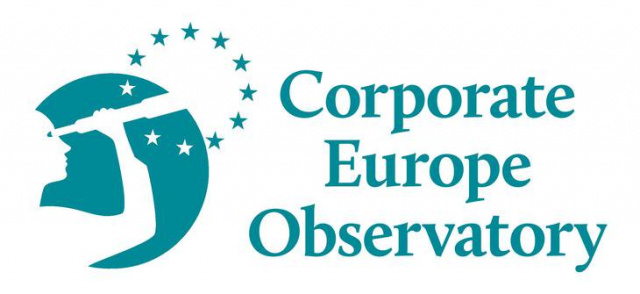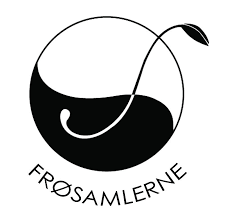Dear Sir or Madam
We are writing to you to alert you to problems caused by European Patent law. We are especially concerned about patents on plants and animals, genetic material and processes for breeding of plants and animals and food derived thereof and their impact on farmers, breeders and consumers, innovation and biodiversity. The European Parliament adopted a Directive on biotechnology patents in 1998 (Dir. 98/44 EC “Legal protection of biotechnological inventions”). The Directive was integrated in the framework of the European Patent Office (EPO) in 1999 and since then about 900 patents on animals and 1800 patents on plants have been granted. Several thousands patents more are still pending.
Ten years of patents on plants and animals show that the negative impacts of the European Patent Directive cannot be ignored:
- ► There is a negative impact on innovation as breeders are not allowed to use the patented plants, animals or genetic material freely for further breeding.
- ► Patents have been the engine behind tremendous market concentration in the seed sector, destroying competition and forcing small and medium enterprises out of the market.
- ► Patents lead to higher prices for farmers, less choice for consumers and a negative impact on agro-biodiversity.
Clear and effective prohibitions from patentability are largely missing from the present legal framework. Existing prohibitions concerning patents on plants and animals can be easily circumvented, as shown by many decisions of the EPO. For example, patents on gene sequences and breeding processes are easily extended to plants and animal varieties.
We are especially concerned that the European Patent Office even grants an increasing number of patents on conventional plants and animals. This is an alarming development causing a dangerous precedent given that conventional plants (without genetic engineering) has so far not been patentable. In many cases these patents cover the whole chain of farm and food production. Even just after the decision in the “Broccoli Case”, which excludes patents on processes for the conventional breeding of plants and animals (G2/07 and G1/08), the EPO in January 2011 again started to grant patents on seeds, plants and food derived from conventional breeding.
Such patents create new dependencies for farmers, breeders and food producers. This has to be regarded as misappropriation of basic resources in farm and food production and as general abuse of patent law.
Farmers also see the need for seed-saving strategies and the informal seed market to be respected and integrated into the overall legal framework. Although this is not the subject of this letter, it is important to point out that EU regulations on protecting plant variety and the EU seed catalogue should be adapted accordingly.
We ask you to call for an urgent re-think of European patent law in biotechnology and plant breeding and to support clear regulations that exclude from patentability plants and animals, genetic material and processes for breeding of plants and animals and food derived thereof.
With kind regards













